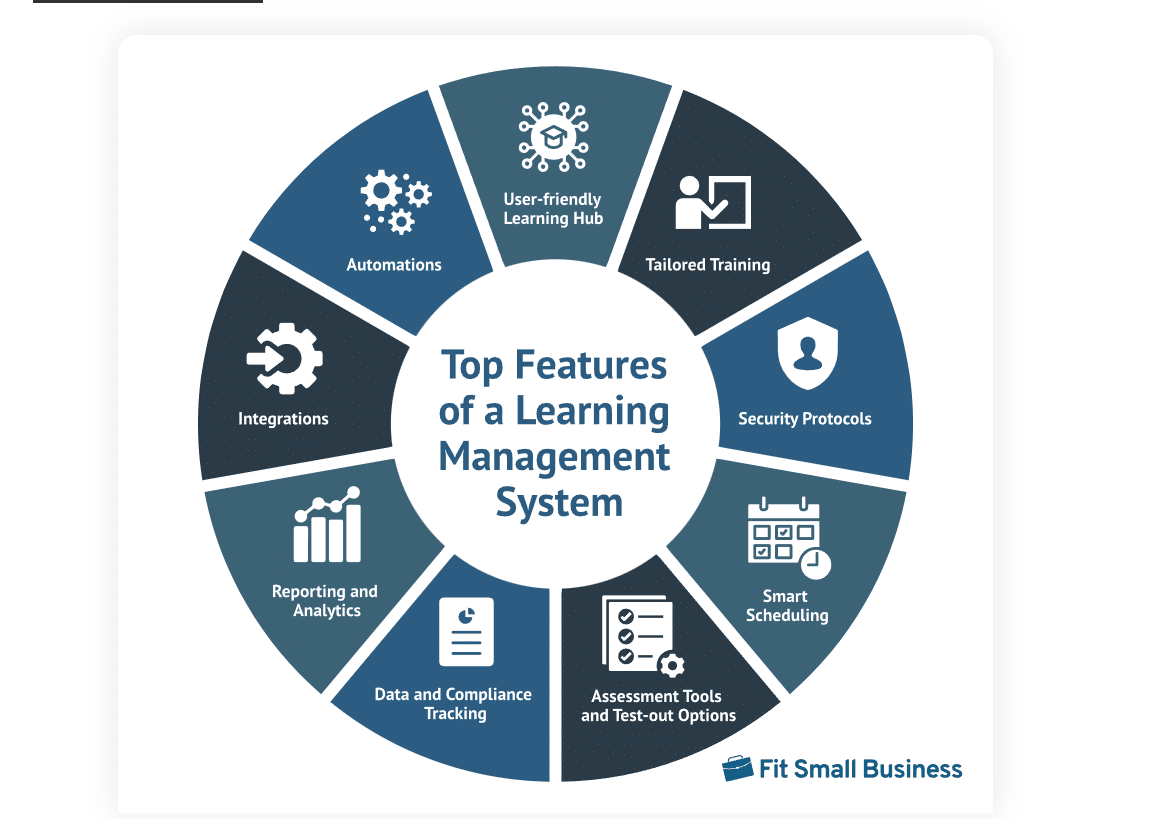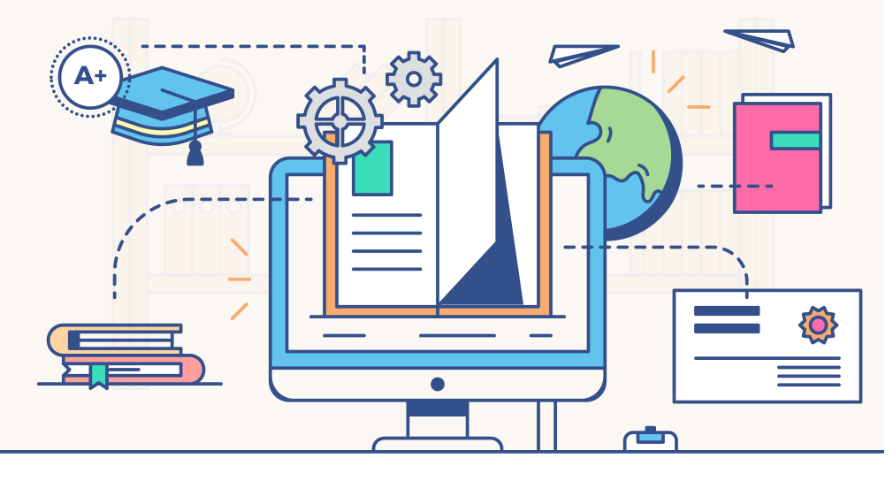The Ultimate Overview to Picking the Right Learning Administration System
Picking an ideal Understanding Management System (LMS) is a crucial choice that can substantially impact academic performance and overall organizational goals. The nuances of these considerations elevate vital inquiries that merit expedition, especially as the landscape of electronic understanding proceeds to develop.
Understanding Understanding Monitoring Solution
In the context of contemporary education and learning and training, a Discovering Management System (LMS) acts as a vital tool for delivering, tracking, and managing educational web content. An LMS promotes the organization of educational resources, enabling organizations and organizations to develop a centralized hub for discovering products. This system sustains different discovering methods, including on-line courses, blended learning, and traditional classroom settings.
LMS systems are made to improve the learning experience by giving an organized environment where learners can access web content at their benefit. They often consist of features such as evaluations, progression tracking, and reporting devices, which help teachers keep track of student performance and involvement. Furthermore, LMSs can be customized to meet the details demands of different students and organizations, allowing for customized academic experiences.
The combination of an LMS into instructional setups also advertises cooperation among students and instructors, cultivating a feeling of community with discussion online forums and group projects. As companies significantly acknowledge the value of continuous knowing and growth, the role of LMSs in assisting in reliable training services remains to expand, positioning them as vital assets in the instructional landscape.
Trick Features to Consider
When choosing an Understanding Monitoring System (LMS), a number of key features call for mindful consideration to make certain the system straightens with academic objectives. User-friendliness is vital; a straightforward user interface promotes simplicity of navigating for both learners and administrators.

Combination with existing tools is one more considerable element; the LMS should flawlessly get in touch with devices like CRM systems, video clip conferencing systems, and content databases. canvas singapore. Mobile compatibility is progressively important, as learners typically favor accessibility to sources on-the-go
In addition, modification options allow establishments to customize the LMS to their details branding and pedagogical requirements. Think about the system's scalability, ensuring it can accommodate future development and modifications in customer demand. Focusing on these crucial attributes will certainly help in choosing an LMS that efficiently enhances the learning experience and satisfies institutional objectives.
Pricing Models and Budgeting
Budgeting for a Knowing Administration System (LMS) calls for a comprehensive understanding of numerous pricing designs to ensure a lasting financial investment. Organizations must assess their details needs find and long-term objectives while thinking about the monetary effects of each LMS choice.

Along with the base pricing, companies should also take into consideration possible additional expenses such as implementation, maintenance, and assistance solutions. It is essential to analyze the total cost of possession over the LMS's lifecycle, consisting of potential upgrades or added attributes that might be required as the company grows. By carefully examining these prices versions and associated prices, companies can make educated decisions that line up with their monetary constraints and academic objectives.
Evaluating Customer Experience
Evaluating the performance of a Learning Administration System (LMS) exceeds financial factors to consider; customer experience plays a pivotal function in the overall success of the platform. A well-designed user interface can significantly enhance engagement and retention, making it important to evaluate how instinctive the system is for both administrators and learners.
When examining individual experience, take into consideration navigational convenience, accessibility functions, and the responsiveness of the system across numerous tools. An LMS ought to give a seamless experience, enabling users to rapidly find sources, track development, and involve with material without unneeded rubbing.
Furthermore, gather responses from actual users to evaluate complete satisfaction degrees and identify prospective discomfort points. Emphasis groups or studies can provide useful understandings into exactly how learners interact with the system and any obstacles websites they face.
It's also important to take a look at the degree of personalization available within the LMS. A versatile system that enables companies to tailor the interface and features to their details needs can substantially improve customer interaction. Inevitably, a positive user experience fosters a discovering setting that encourages participation and assists in understanding retention, making it a crucial element in the choice of an LMS.
Implementation and Assistance Choices
Effectively rolling out a Learning Management System (LMS) needs cautious consideration of both implementation methods and recurring support options. Organizations needs to examine whether they will certainly manage the implementation in-house or team up with the LMS supplier.
Continuous support is just as vital to guarantee the LMS remains reliable and easy to use - canvas singapore. Organizations must examine the types of assistance provided by the vendor, including technical support, individual training, and regular updates. A robust assistance system can assist fix problems swiftly, consequently improving individual contentment and interaction
Furthermore, consider the accessibility of sources such as customer guidebooks, Frequently asked questions, and on the site web internet forums. These can empower customers to fix their very own issues and foster a feeling of neighborhood. Ultimately, the best implementation and assistance choices will certainly not just assist in a smoother transition to the LMS however also add to its long-lasting success within the organization.
Conclusion
To conclude, selecting an appropriate Learning Management System (LMS) demands cautious factor to consider of a number of critical aspects, consisting of essential attributes, pricing versions, user experience, and execution approaches. An appropriate LMS not just enhances academic end results however likewise fosters collaboration amongst individuals and integrates effortlessly with existing tools. canvas singapore. Ultimately, a thorough examination of these aspects will support companies in accomplishing their academic goals and making certain an effective knowing setting for all stakeholders entailed